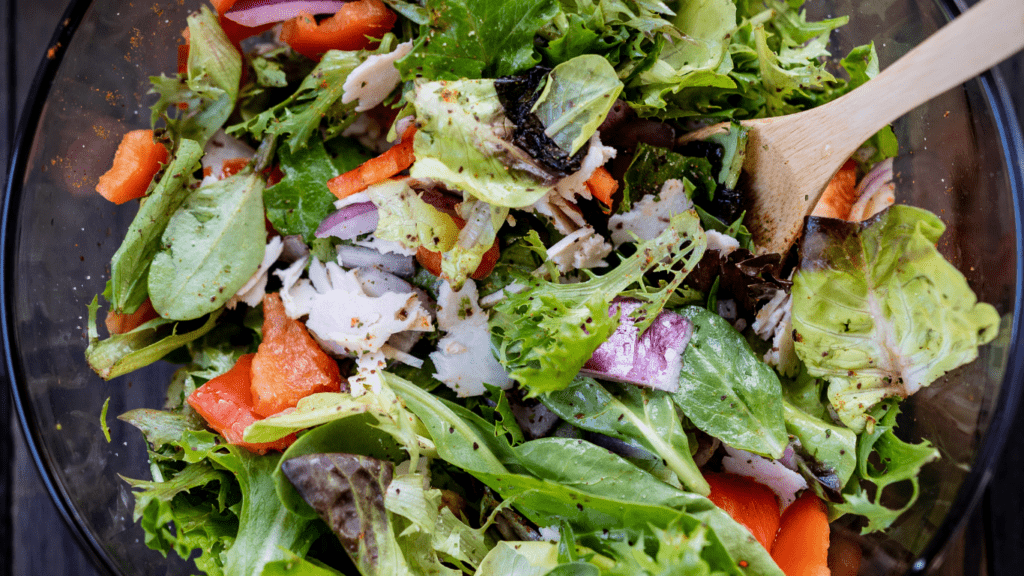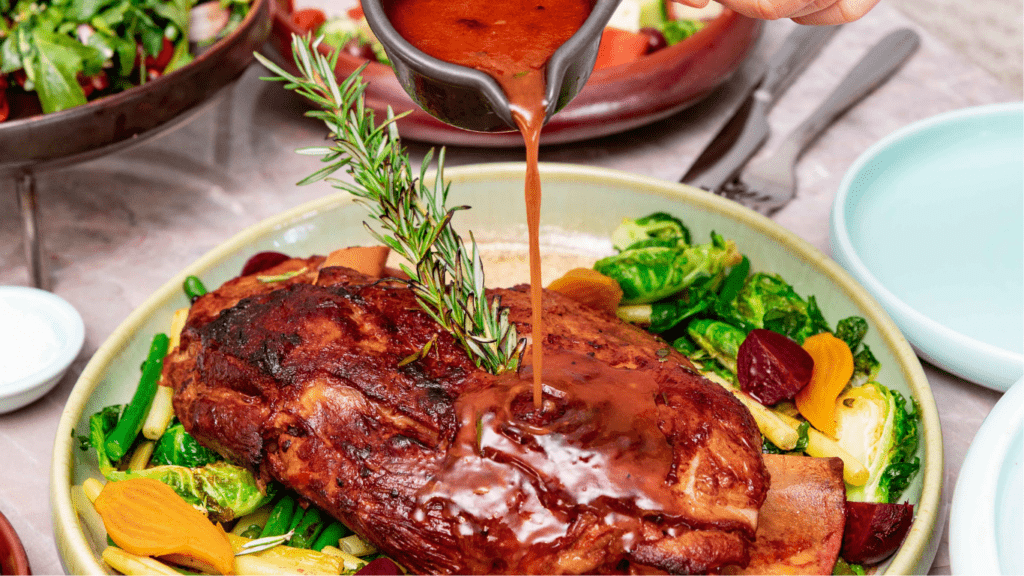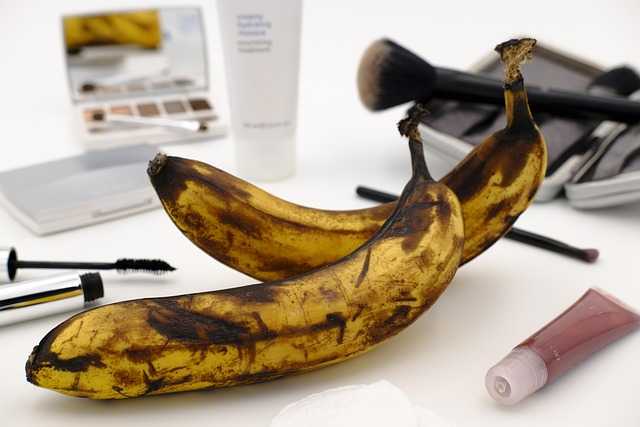Understanding the Link Between Diet and Skin Health
Diet makes a significant difference in skin health. Certain foods can either improve or harm skin appearance and clarity.
How Nutrition Affects Your Skin
Nutrients directly influence skin’s structure and function. Vitamins like A, C, and E and minerals like zinc support collagen production and repair damaged skin.
Antioxidants protect skin cells from free radicals, preventing premature aging. Omega-3 fatty acids (found in fish and flaxseeds) reduce inflammation and maintain skin hydration. Consuming water-rich foods hydrates and plumps the skin.
Common Dietary Culprits for Skin Issues
Several foods might trigger skin problems. High glycemic index foods like white bread, sugary snacks, and sodas spike blood sugar and insulin levels, leading to breakouts.
Dairy products can exacerbate acne for some due to hormones present. Processed foods, often high in trans fats, promote inflammation and dullness. Foods high in salt can dehydrate skin, causing it to appear dry and puffy.
Essential Nutrients for Clear Skin
Clear skin depends on vital nutrients that support your body’s natural functions and boost skin health.
Vitamins for Skin Health
Vitamins play a crucial role in maintaining skin clarity. Vitamin A, found in carrots and sweet potatoes, promotes skin cell production and repair.
Vitamin C, abundant in citrus fruits and bell peppers, boosts collagen production. Vitamin E, present in nuts and seeds, protects skin cells from damage. These vitamins work synergistically to keep your skin smooth and radiant.
Best Minerals for a Radiant Complexion
Minerals are essential for a radiant complexion. Zinc, found in oysters and pumpkin seeds, helps reduce inflammation and maintain skin health.
Selenium, available in Brazil nuts and sunflower seeds, protects skin from environmental damage. Iron, present in spinach and lentils, ensures proper oxygen supply to skin cells. Incorporating these minerals into your diet can enhance your skin’s natural glow.
Top Foods for Healthy Skin

Certain foods contribute significantly to skin health, aiding in maintaining a clear, radiant complexion.
Antioxidant-Rich Foods
Antioxidants combat free radicals that can damage skin cells. They’re found in various plant-based foods such as:
- Berries: Strawberries, blueberries, and raspberries are rich in vitamin C, which aids collagen production.
- Leafy Greens: Spinach and kale provide vitamin E, protecting cells from oxidative damage.
- Nuts and Seeds: Almonds and sunflower seeds offer vitamin E, essential for skin repair.
- Citrus Fruits: Oranges, lemons, and grapefruits are vitamin C powerhouses, promoting skin resilience.
- Bell Peppers: Both red and yellow varieties are high in vitamins A and C, combating inflammation and supporting skin structure.
Foods High in Healthy Fats
Healthy fats maintain skin moisture and elasticity. They reduce inflammation and are found in specific foods such as:
- Fatty Fish: Salmon, mackerel, and sardines provide omega-3 fatty acids, preventing dryness and scaling.
- Avocados: Rich in monounsaturated fats, they help keep skin hydrated and flexible.
- Nuts: Walnuts are notable for their omega-3 content, which improves the skin barrier function.
- Seeds: Flaxseeds and chia seeds contain omega-3s, reducing inflammation and keeping skin cells fortified.
- Olive Oil: Extra virgin olive oil is a source of monounsaturated fats, nourishing the skin and reducing oxidative stress.
Daily Eating Habits to Promote Clear Skin
Consistent daily habits support skin clarity and radiance. Minor adjustments in diet yield significant results.
Importance of Hydration
Maintaining hydration is crucial for clear skin. Water assists in flushing toxins and keeps skin cells hydrated, promoting elasticity and preventing dryness.
Consuming at least eight 8-ounce glasses of water daily enhances skin’s natural glow. Infusing water with fruits like lemon, strawberries, or cucumber adds flavor and extra nutrients.
Tips for a Balanced Diet
A balanced diet focuses on variety and moderation. Including different food groups ensures a steady intake of essential nutrients.
- Whole Grains: Foods like brown rice, quinoa, and whole wheat provide fiber, which aids digestion and reduces acne risk.
- Lean Proteins: Incorporate sources such as chicken, turkey, tofu, beans, and legumes. Protein repair and regenerate skin tissues.
- Healthy Fats: Fatty fish, avocados, chia seeds, and olive oil deliver omega-3 fatty acids, maintaining skin’s moisture barrier.
- Fruits and Vegetables: Aim for a mix of colors and types. Berries, leafy greens, citrus fruits, and bell peppers are high in antioxidants, which combat free radicals and support skin health.
- Dairy Alternatives: If experiencing acne, consider switching to alternatives like almond or oat milk. Some dairy products may exacerbate skin issues.
By integrating these habits, achieving and maintaining clear, radiant skin is more attainable.


 Bradley Frankirly is a distinguished article writer at Body Care And Matter, bringing a unique perspective to the world of health and wellness journalism. With a keen eye for detail and a passion for storytelling, Bradley crafts articles that resonate deeply with readers, offering both informative content and a relatable narrative.
Bradley Frankirly is a distinguished article writer at Body Care And Matter, bringing a unique perspective to the world of health and wellness journalism. With a keen eye for detail and a passion for storytelling, Bradley crafts articles that resonate deeply with readers, offering both informative content and a relatable narrative.

